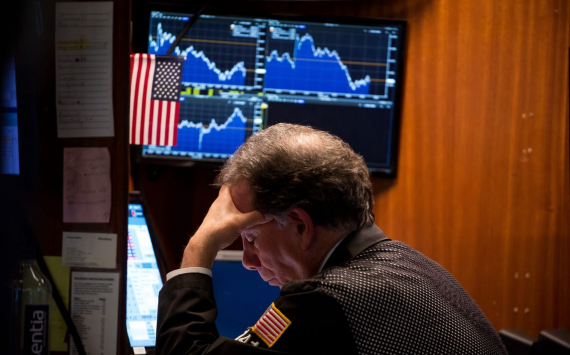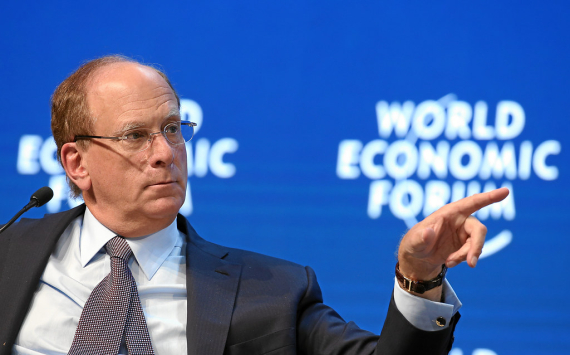
Bond yields continue to rise
Bond yields rose sharply last week and market experts see preconditions for a further rise. This will not necessarily be reflected in a fall in the stock market, but analysts point to opposite reactions of equities, depending on the sector.
Last week the yield on 10-year US Treasuries rose sharply to 1.46% on Friday from a low of 1.3% the previous week.
Some experts noted that a further rise would follow above the 1.38% yield level, a key support level of the past few months. Bond prices and yields are moving inversely.
Bay Crest Partners expert Jonathan Krinsky sees this as "the start of a new trading range" and predicts that 10-year bond yields will reach 1.6%.
Last week the Fed raised its inflation forecasts and predicted a central bank rate hike as early as next year.
According to the St Louis Fed, market inflation expectations for the next 10 years currently stand at 2.34%, which is another reason why 10-year Treasury yields could probably rise further.
Borrowing costs are expected to rise as yields rise. This is bad news for growth stocks, which have relied on low borrowing costs to finance hiring, innovation and acquisitions.
Higher treasury yields could also reduce the rate of corporate share buybacks among large companies, such as Apple (AAPL). This, in turn, will cause slower growth in annual earnings per share.
Higher earnings will have a positive effect on shares in financial companies, banks and the oil sector. Since 10-year bond yields started rising this week, the S&P 500 Index has gained just 0.51%, while sector ETFs have risen more significantly: the SPDR S&P Bank (KBE) exchange-traded fund by 5.6% and the SPDR Energy Select Sector (XLE) exchange-traded fund by 7.7% in the same time frame. Small-cap companies can also benefit as their returns are less dependent on borrowing. The Russell 2000 small-cap stock index rose 3%, outperforming the S&P 500 by 2.5%.











































